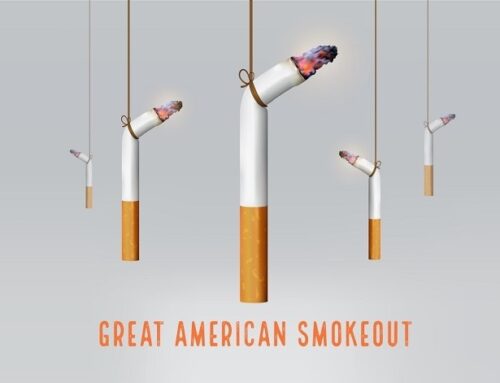By Maria Jauhar, MD
This month, on April 16, we celebrated National Healthcare Decisions Day (NHDD), which was created to inspire, educate, and empower the public and providers about the importance of advance care planning. NHDD is an initiative to encourage patients to express their wishes regarding healthcare and for providers and facilities to respect those wishes, whatever they may be. The theme for 2016 is “It Always Seems Too Early, Until It’s Too Late.”
Some Important Facts
1. Medicare Requirements
The Federal Patient Self-Determination Act requires that all Medicare-participating healthcare facilities to inquire about and provide information to patients on Advance Directives. It also requires these facilities to provide community education on Advance Directives. All healthcare facilities are required to provide information about health care decision-making rights, ask all patients if they have an advance directive, educate their staff and community about advance directives, and not discriminate against patients based on an advance directive status.
2. A Country Unprepared
The U.S. Agency for Healthcare Research and Quality, in a 2003 article, “Advance Care Planning: Preferences for Care at the End of Life,” found that less than 50% of the severely or terminally ill patients studied had an advance directive in their medical record, only 12% of patients with an advance directive had received input from their physician in its development, and between 65% and 76% of physicians whose patients had an advance directive were not aware that it existed.
The Purpose of National Healthcare Decisions Day
A key goal of NHDD is to demystify healthcare decision-making and make the topic of advance care planning inescapable. Today, no one in the U.S. should be able to open a paper, watch TV, surf the Internet, see a physician or lawyer, or go to a healthcare facility without being confronted with the topic of advance care planning. Among other things, National Healthcare Decisions Day helps people understand that advance healthcare decision-making includes much more than living wills; it is a process that should focus first on conversation and choosing an agent.
Resources
1. AARP
AARP features an End-of-Life Planning resource center with perspectives on starting advance care planning discussions, facilitating discussions with adult children about end of life planning, frequently asked questions and considerations for siblings planning care for parents.
2. A|D Vault/MyDirectives.com & MyDirectives MOBILE
MyDirectives.com, a service of ADVault, Inc., is a free online platform that allows consumers to digitize your voices and treatment priorities in a comprehensive legal advance care plan that is secure in the cloud and available 24/7 anywhere in the world to you, your loved ones and your medical providers. MyDirectives also features a Discussion Guide and Conversation Starters to help people have discussions with doctors, family and healthcare agents. The new MyDirectives MOBILE App makes users’ emergency advance care plans accessible even when their iPhones are locked.
3. Aging With Dignity (Five Wishes)
The Five Wishes document helps individuals express care options and preferences. The advance directive meets the legal requirements in most states and is available in 20 languages for a nominal fee. Order online or call 850.681.2010.
4. American Hospital Association
The American Hospital Association has advance care planning resources from some states hospital associations and a Put It In Writing brochure for patients and families to document their wishes.





